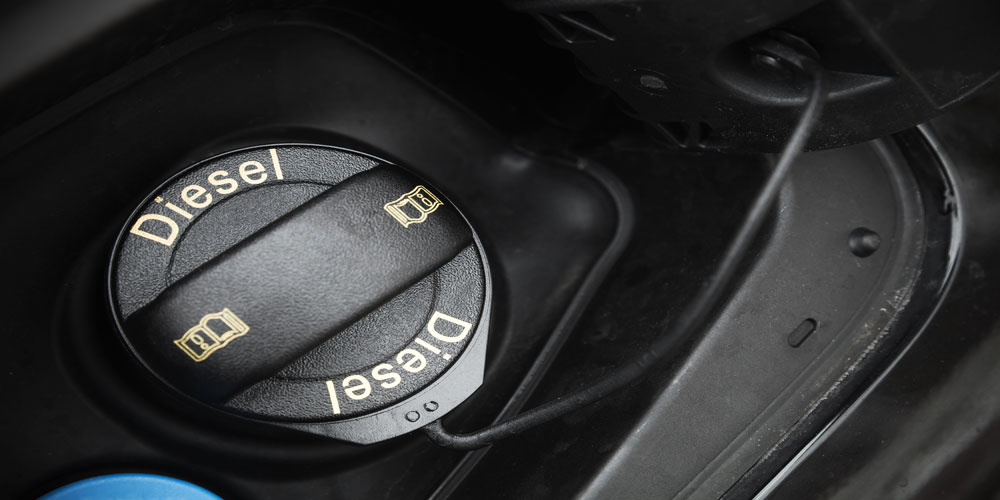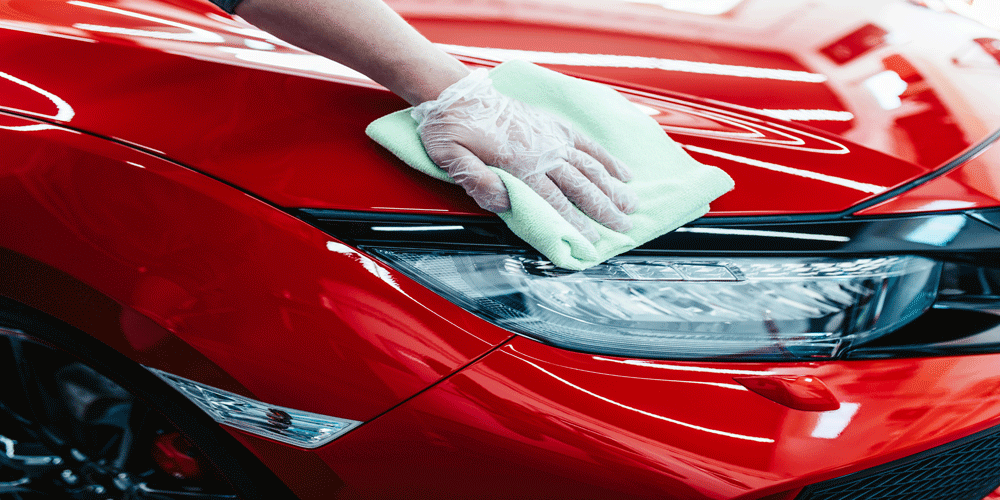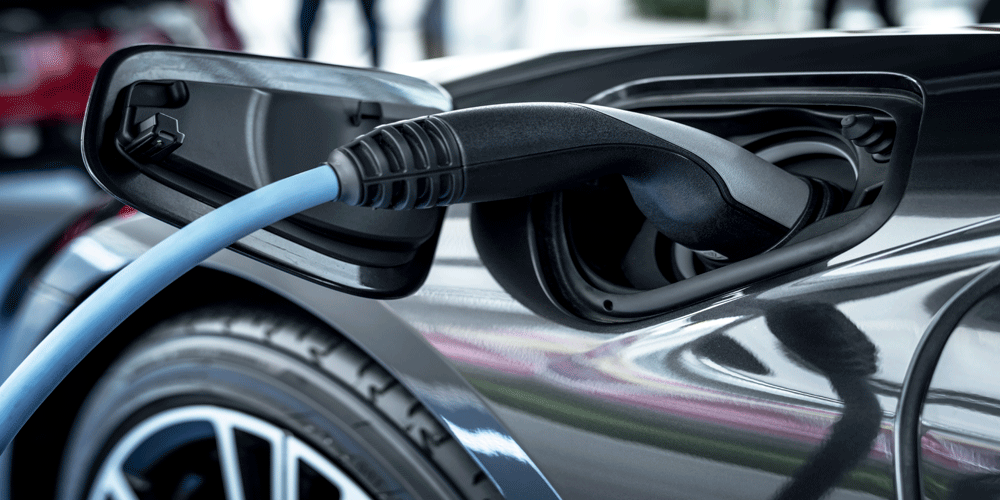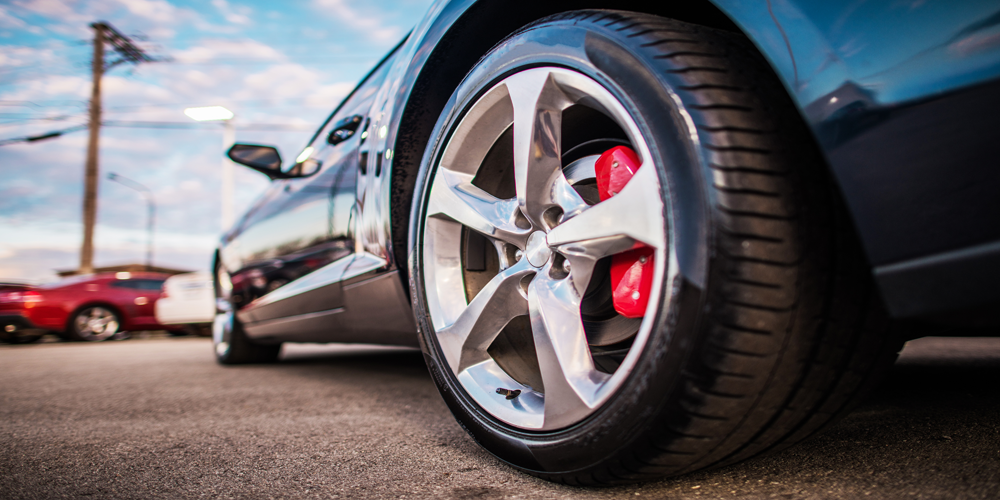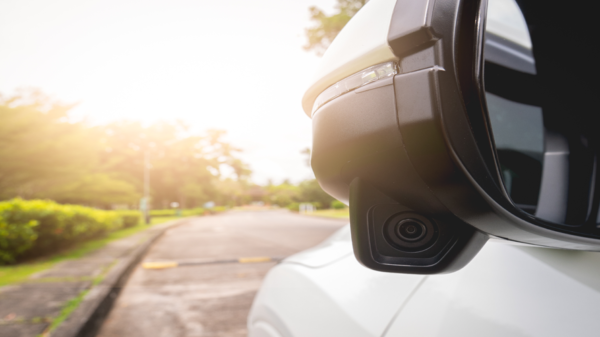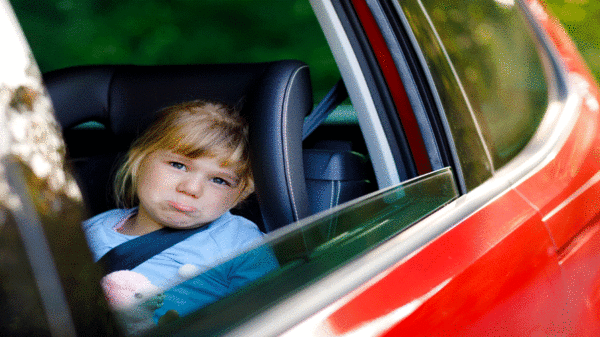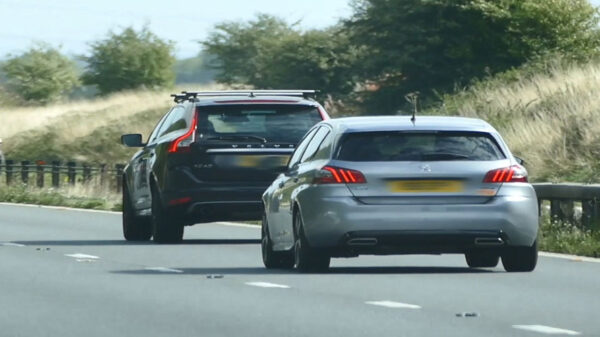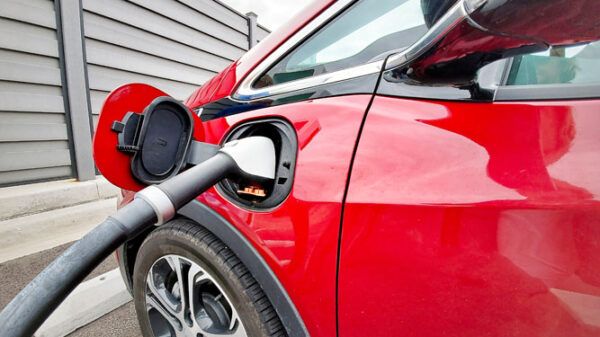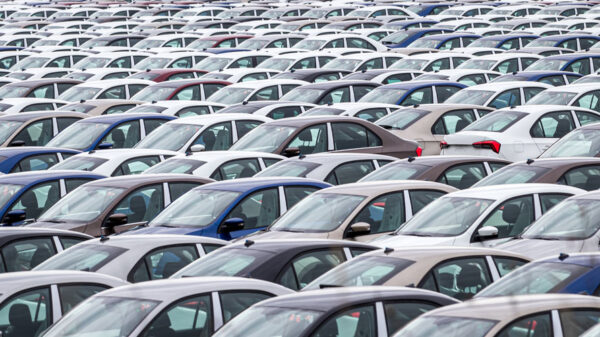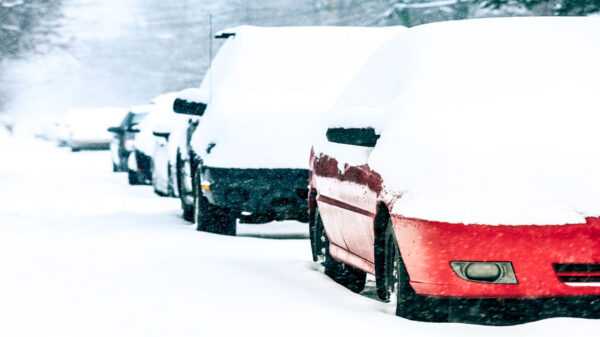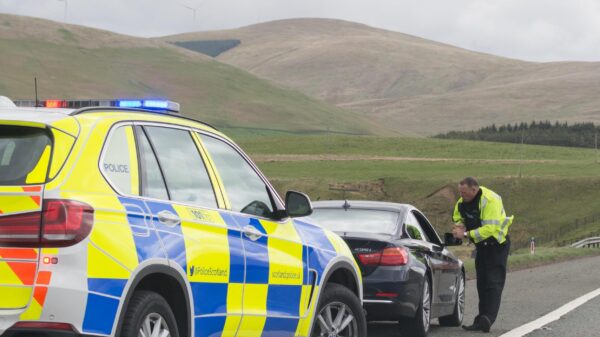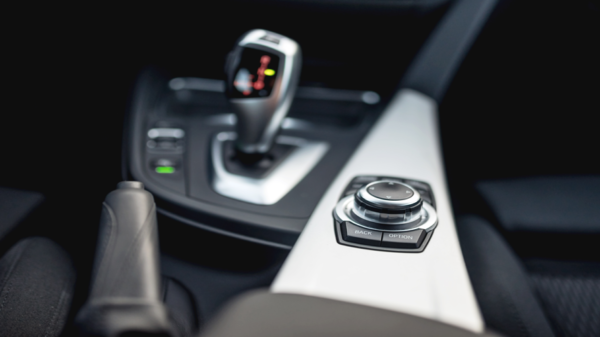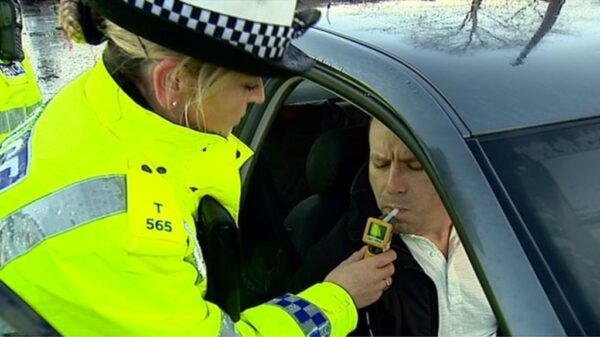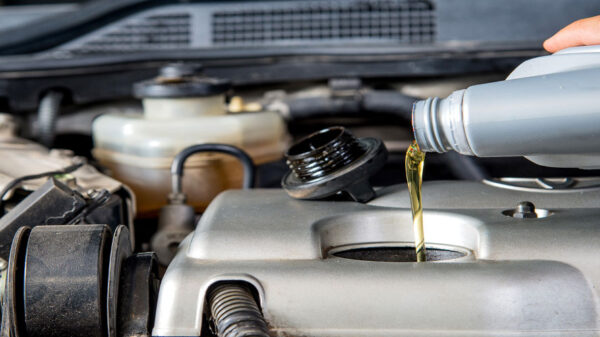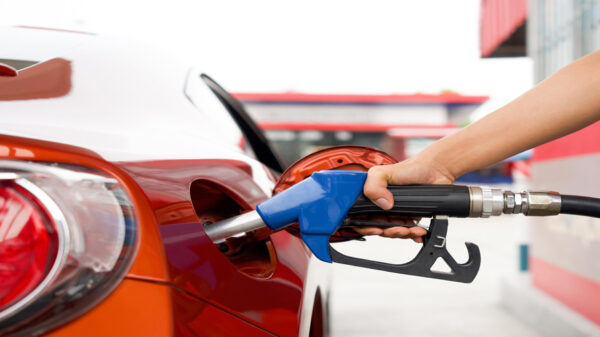Petrol or Diesel Cars to be Penalised Under New Car Tax Rules.
Petrol and diesel motor vehicle owners across the UK have been warned that drivers with a petrol or diesel car will be penalised under new car tax rules.
As of April 1, 2022, Vehicle Excise Duty (VED) rates are set to rise for everyone – but Sean Kemple, a spokesperson for Close Brothers Motor Finance, has warned that petrol and diesel owners will be more affected based solely on the ‘type of vehicle they are purchasing’.
It has also been revealed that drivers owning models which produce a lot of air pollution are set to be the most affected by the tax increase – reports Manchester Evening News.
VED rates for vehicles that produce over 255 g/km of CO2 pollution will rise to £2,365 – a marked £120 increase from the current 2021 rate.
Meanwhile, drivers of cars producing 226 to 255 g/km will see a £105 rise, with fees for cars producing 191 to 225 g/km also increasing by £75.
Tax increases will be seen across all vehicles except for those producing less than 75 g/km of CO2, and Mr Kemple has also warned of a ‘challenge’ as drivers look to switch to electric-powered modes of transportation.
He said that the Government would need to “offset” tax revenues with more drivers switching their existing petrol and diesel cars for a more environmentally friendly model. Speaking to Express, he said: “You can see the incentive from a tax perspective of road tax and benefit in kind moving towards lower emission vehicles. That’s better for everyone involved so it’s a win-win situation.”
“The challenge then is, how does the Government then offset those tax receipts in terms of what they would have been getting from petrol and diesel vehicles. What you then see is the consumers of petrol and diesel, in their view, I suppose being penalised by the type of vehicle they are purchasing.”
The Treasury has in the past estimated that they need to fill a £40 billion ‘black hole’ after losing VED and fuel duty rates previously, with the new increase coming into play from April 1 this year. The changes were first officially announced during last year’s Autumn Budget.
HM Revenue and Customs said the rise is to ensure VED rates are uprated with the Retail Prices Index (RPI). They said increasing VED rates in 2022 will ensure rates are ‘maintained in real terms’, so motorists can make a fair contribution to public finances.
They added: “This measure will impact on motorists owning a car, van or motorcycle or using a motorcycle trade licence. “The increase in VED rates is in line with RPI meaning rates will remain unchanged in real terms for vehicle owners.”


